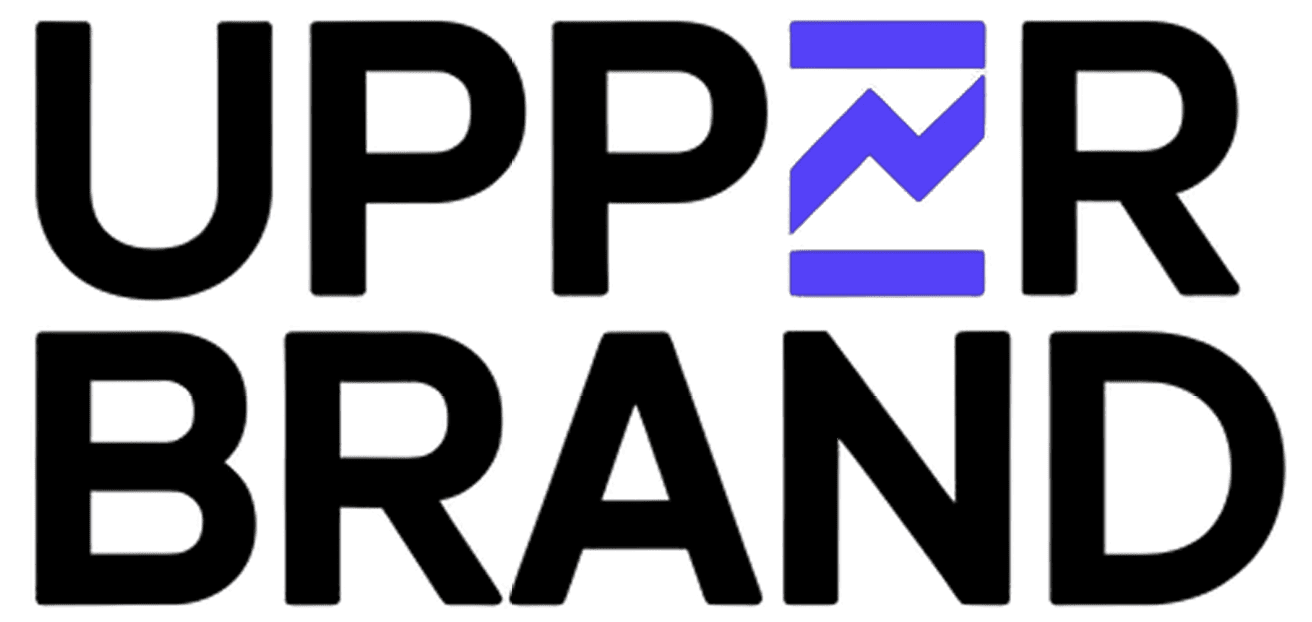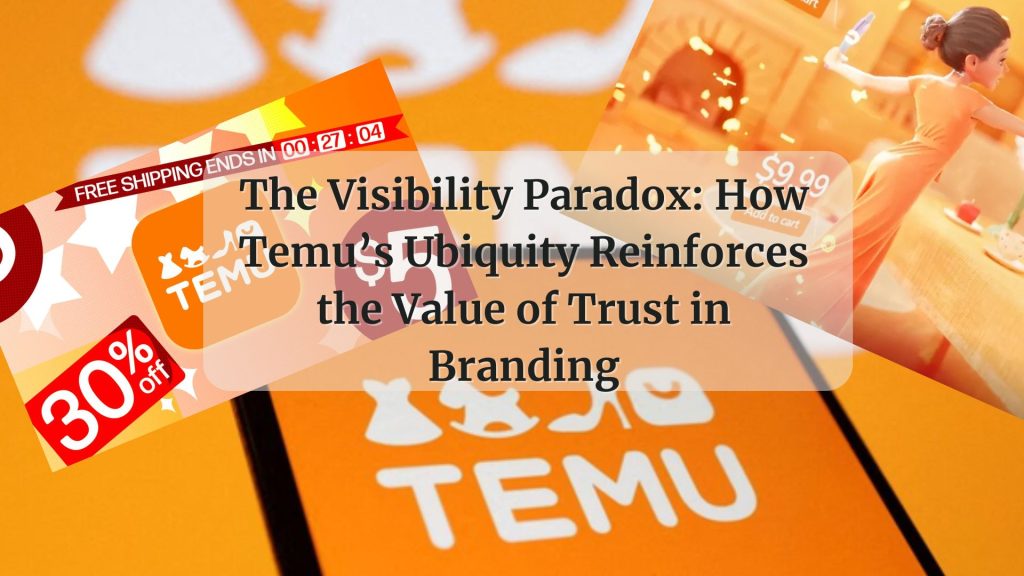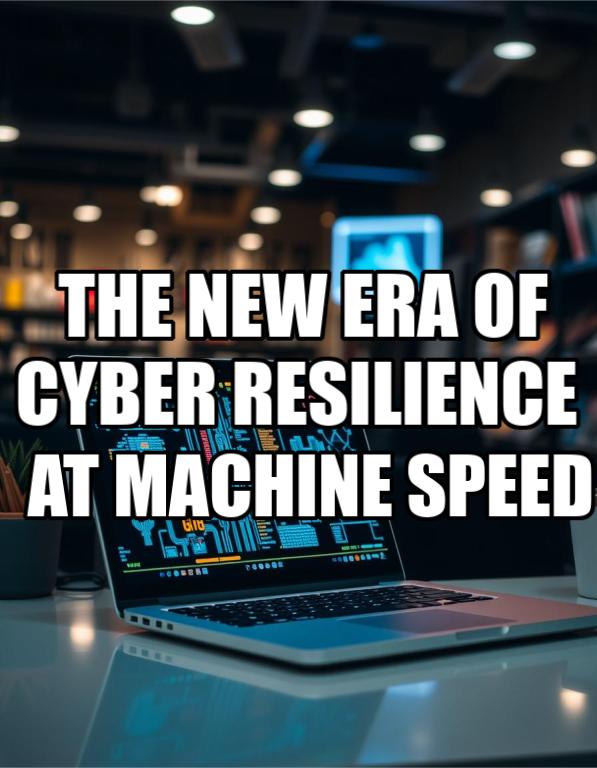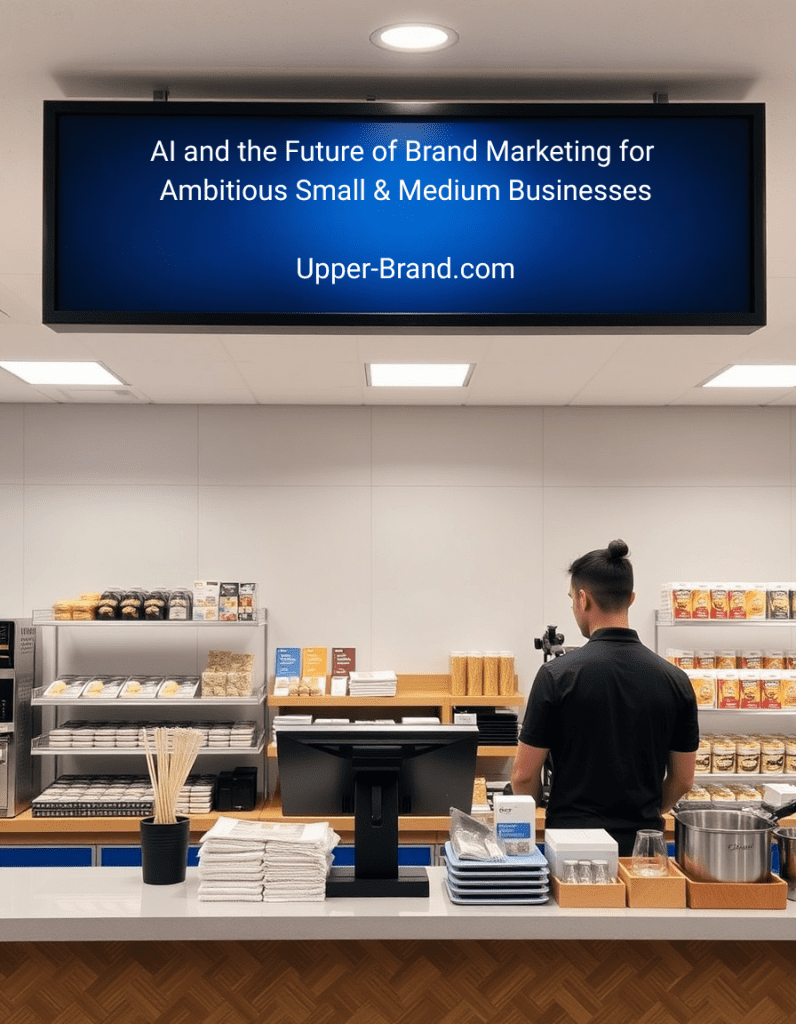Defining the Modern Employer Standard

The blueprint for what it means to be an employer is being rewritten. As workforce dynamics shift and technology continues to accelerate, leading organizations are reshaping how they hire, support, and retain their people. This is not just about filling roles, it is about setting a new standard for what it means to attract and sustain exceptional talent in an era where employees have more choices and higher expectations than ever before.
Forward-looking employers are no longer defined by what they offer at the surface. They are distinguished by how they anticipate change, build environments that nurture growth, and create cultures that align with the future of work.
Skills as the Currency of Modern Hiring
The days when degrees guaranteed career advancement are fading. Today’s competitive marketplace places a premium on skills, practical, adaptable, and future-ready. Research shows that only 24 percent of global workers feel confident in their ability to advance with their current skill sets.
The most successful organizations see this gap as an opportunity. They are hiring for capability, curiosity, and the ability to evolve. Credentials may still play a role, but they no longer dominate the equation. Employers that make skills the central hiring currency are the ones establishing the modern standard.
Upskilling and Reskilling as Core Strategy
By 2027, nearly half of the skills that workers rely on today will change. That statistic underscores a truth visionary employers already recognize: growth is no longer optional, it is the lifeline of talent sustainability.
Leading organizations embed upskilling and reskilling into their strategies. They invest in platforms, partnerships, and training ecosystems that allow employees to continuously expand their capabilities. This is not framed as a perk, but as a pathway to long-term relevance and shared success.
The modern employer standard is clear, adaptation is an expectation, and training is the tool that makes it possible.
Technology Skills as a Baseline
Digital transformation is no longer a trend, it is the operating environment of every industry. Artificial intelligence, data analytics, cybersecurity, and cloud computing are no longer niche specializations. They are baseline expectations.
Forward-thinking organizations embrace this reality by weaving technology skills into every layer of their workforce. They do not silo digital literacy to the IT department. Instead, they cultivate teams across marketing, finance, and operations that are empowered to use digital tools fluently.
By supporting short-term certifications, micro-credentials, and continuous digital training, these employers ensure that technology is not a barrier but a catalyst for progress.
Human Skills at the Heart of Retention
Technology may define the tools of the future, but human skills define the teams that succeed within it. Critical thinking, adaptability, creativity, and collaboration are qualities that employers now elevate to the same level of importance as technical expertise.
In hybrid and remote environments, these skills become even more valuable. Employers who prioritize emotional intelligence, resilience, and strong communication create organizations that thrive through uncertainty. The standard is shifting from hiring for tasks to hiring for mindset.
Training as a Promise, Not a Perk
The next generation of workers does not view training as an optional benefit. They view it as a promise of progression. Employers that deliver on this expectation are rewriting retention strategies in real time.
Classroom-only training is no longer enough. Modern employers are building blended and digital-first models that give employees control over their learning journey. On-demand courses, mentorship opportunities, and personalized development paths are now the hallmark of companies that succeed in holding onto their top performers.
This approach communicates something powerful: your growth is as important to us as it is to you. That is the new retention formula.
Culture as the Differentiator
Compensation alone no longer wins the best talent. Culture does. Visionary employers understand that culture is not a slogan or a set of values framed on a wall. It is the lived experience of employees every day.
Organizations that define and consistently act on their values create workplaces that are attractive, magnetic, and sustainable. They embed continuous learning, inclusivity, and purpose into their cultures. In doing so, they create an environment where employees are not only hired but are inspired to stay.
This cultural clarity is what gives small and medium-sized businesses a chance to outcompete larger players. When culture is authentic, it becomes a brand advantage.
Public Investment as a Growth Lever
The most forward-looking employers are not working in isolation. They are tapping into government initiatives that support workforce training and development. Across Canada and the United States, programs are funding upskilling, apprenticeships, and industry-specific development.
By leveraging these resources, organizations reduce their costs while signaling a strong commitment to employee advancement. This is not just smart economics, it is a branding advantage. Employers who align themselves with public investment opportunities show that they are future-minded and community-oriented.
The Vision of the Modern Employer
Defining the modern employer standard is not about one policy or benefit. It is about a mindset. The leaders in talent today are those who see hiring and retention as part of a broader ecosystem:
- Skills over degrees as the foundation for hiring.
- Upskilling and reskilling as long-term commitments.
- Technology fluency as the baseline expectation.
- Human skills as the force that sustains culture.
- Training as a promise of growth.
- Culture as the defining brand advantage.
- Public investment as a shared tool for success.
Conclusion: Building the Future of Work
The organizations setting the modern standard are not waiting for change to arrive, they are defining it. They are building strategies that anticipate evolving skills, that balance technology with humanity, and that treat culture as a competitive advantage.
In this vision, hiring is not just about filling a position. It is about attracting individuals who want to grow with the company and giving them the tools, environment, and culture to make that growth possible.
Defining the modern employer standard is ultimately about designing workplaces that are prepared for disruption, capable of adaptation, and bold enough to lead. These are the organizations that will attract and sustain exceptional talent in the years ahead.
